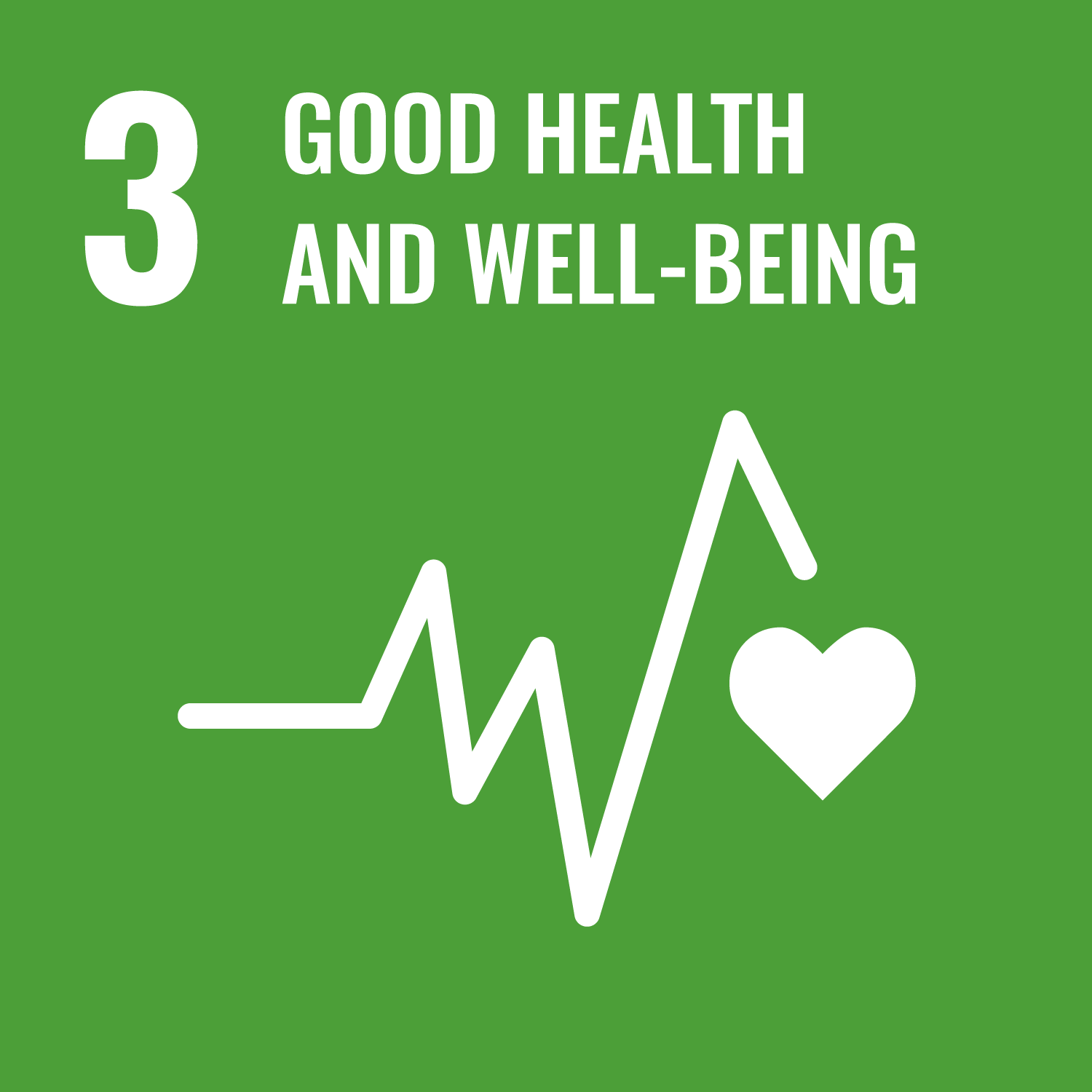RBF for Health System Strengthening in Lesotho
Aligned SDGs

- RBF for Health System Strengthening in Lesotho
- General overview
- Intervention
- Target population
- Location
- Outcome metrics
- Last data update
- Spreadsheet of data
- RBF for Health System Strengthening in Lesotho
- General overview
- Intervention
- Target population
- Location
- Outcome metrics
- Last data update
- Spreadsheet of data
General overview
Stage of development: Early stage
Policy sectors: Health
Type of instrument: Payment-by-results (no pre-financing)
Delivery locations: Lesotho
Country classification: Lower-middle-income
Expected launch date: TBD
Project design process began: Q1-2023
Intervention
Social or environmental challenge
The Lesotho health system faces significant challenges resulting in poor health outcomes that hinder productivity and impose a significant burden on the Government of Lesotho (“GoL”) and households in terms of health care expenditures, as well as hampers efforts to alleviate poverty in a country where 57% of the population lives in extreme poverty.
Description of the intervention
(1) Create an enabling environment to improve primary health care (PHC) delivery by driving reforms in the planning, budgeting, and health financing policies and processes.
(2) Improve District Health Management Teams' (DHMTs) performance through incentives
Target population
The Basotho people in all ten districtis of Lesotho.
Location
Country:
- Lesotho
Locality:
- Lesotho
Outcome metrics
- TBD
Last data update
Data for this pipeline project was last updated in April 2022.
You might have noticed that some pipeline projects have more data than others. This is because organisations can share as much data as they want with the INDIGO initiative. If you have more data on one of these pipeline projects and would like to share with us, please get in touch at indigo@bsg.ox.ac.uk. Our full list of variables and data definitions can be found here.
Spreadsheet of data
Important Notice and Disclaimer on INDIGO Data
INDIGO data are shared for research and policy analysis purposes. INDIGO data can be used to support a range of insights, for example, to understand the social outcomes that projects aim to improve, the network of organisations across projects, trends, scales, timelines and summary information. The collaborative system by which we collect, process, and share data is designed to advance data-sharing norms, harmonise data definitions and improve data use. These data are NOT shared for auditing, investment, or legal purposes. Please independently verify any data that you might use in decision making. We provide no guarantees or assurances as to the quality of these data. Data may be inaccurate, incomplete, inconsistent, and/or not current for various reasons: INDIGO is a collaborative and iterative initiative that mostly relies on projects all over the world volunteering to share their data. We have a system for processing information and try to attribute data to named sources, but we do not audit, cross-check, or verify all information provided to us. It takes time and resources to share data, which may not have been included in a project’s budget. Many of the projects are ongoing and timely updates may not be available. Different people may have different interpretations of data items and definitions. Even when data are high quality, interpretation or generalisation to different contexts may not be possible and/or requires additional information and/or expertise. Help us improve our data quality: email us at indigo@bsg.ox.ac.uk if you have data on new projects, changes or performance updates on current projects, clarifications or corrections on our data, and/or confidentiality or sensitivity notices. Please also give input via the INDIGO Data Definitions Improvement Tool and INDIGO Feedback Questionnaire.